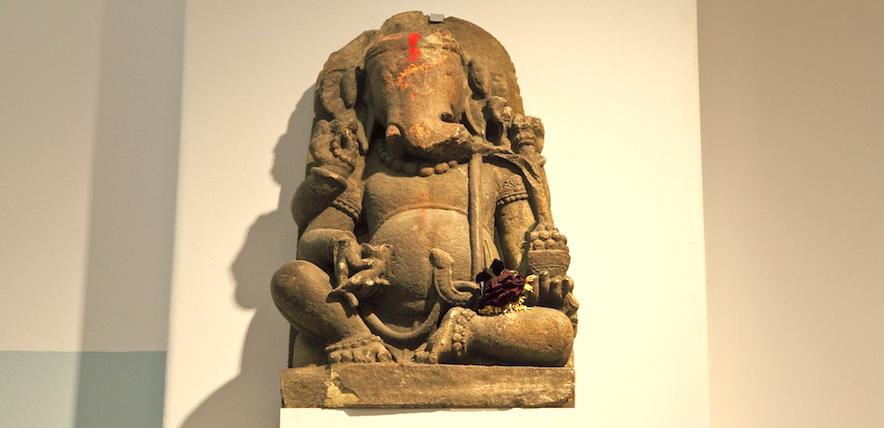
The Indian religions
Hinduism, Buddhism, and Sanskrit have been taught as integral subjects in all three years of the Theological & Religious Studies Tripos for nearly 40 years, with the emphasis on Hinduism.
Hinduism is the majority religious tradition of the political entity that is India, with about 80 per cent of the population designated as “Hindus” (that’s over 800 million people), though in addition there are significant populations of Hindus in many countries around the world, including the UK (which is estimated to have a Hindu population of nearly a million). India is destined to become one of the leading global superpowers this century, so the importance of studying its majority faith cannot be underestimated.
However, the Hindu traditions (and Buddhism) are worth studying in their own right too. The terms “Hinduism” and “Buddhism” cover a fascinating, profound and colourful array of different approaches to life, death, human destiny, philosophy, theology, and ethics, and offer paradigms for consideration of these topics that alternatively challenge and complement the corresponding paradigms of the Abrahamic faiths, thereby making them a key element for a proper understanding of the nature of religious commitment and experience.
The optional study of Sanskrit, in its roots an Indo-European language, will help give a deeper insight not only into the core concepts of these Indian traditions but also into the nature of language.
Candidates will have the opportunity to study the beliefs and practices of these Indian faiths in historical perspective and with relevance to their modern expressions, and with opportunity for comparative study with the Abrahamic faiths.
